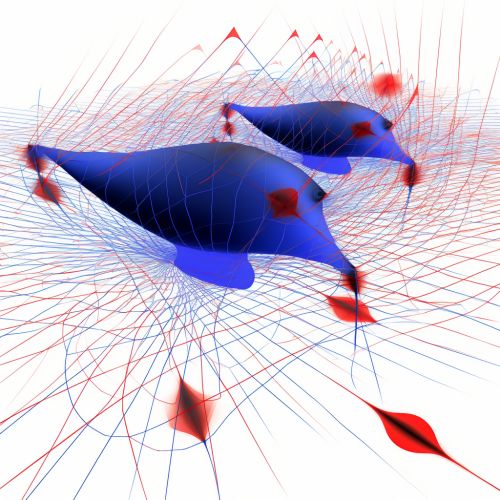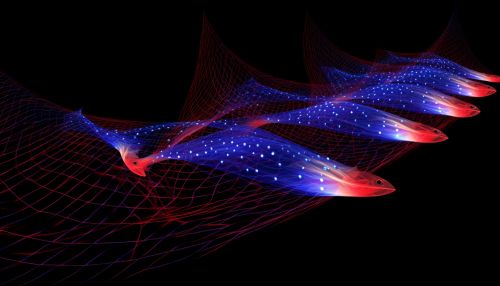Poisson cluster process
Introduction
The Poisson cluster process, also known as the Neyman-Scott process, is a type of stochastic point process used in various fields such as telecommunications, astronomy, and ecology. It is a generalization of the Poisson point process, which is a mathematical model for systems of "points" randomly scattered in space or time.
Definition
A Poisson cluster process is a two-tiered stochastic process. The first tier is a Poisson point process that generates parent points. Each parent point then generates a random number of offspring points, according to another Poisson process, around the parent point in a cluster. The total process is the union of all the offspring points and possibly the parent points.
Mathematical Formulation
The mathematical definition of a Poisson cluster process involves two stages. The first stage is a Poisson point process on a space (usually Euclidean space or a subset of it) with intensity measure λ. Each point of this process independently generates a random number of points according to a Poisson distribution with parameter λ.
The second stage involves placing a random number of points (the offspring) around each parent point. The locations of these points are typically determined by a probability distribution, which can be the same for all parent points or can vary from point to point.


Properties
The Poisson cluster process has several important properties. Firstly, it is a stationary and isotropic process if the parent process is stationary and isotropic, and the distribution of offspring does not depend on the location of the parent point.
Secondly, the number of points in any bounded region follows a Poisson distribution if the parent process is a Poisson point process. This property is a direct result of the independent scattering property of the Poisson point process.
Thirdly, the average number of points in a bounded region is proportional to the volume of the region. This property is a consequence of the stationarity of the process.
Applications
Poisson cluster processes have found applications in various fields. In telecommunications, they are used to model the locations of base stations and users in cellular networks. In astronomy, they are used to model the distribution of galaxies in the universe. In ecology, they are used to model the spatial distribution of species.
Variants and Generalizations
There are several variants and generalizations of the Poisson cluster process. These include the Matérn cluster process, the Thomas process, and the Cox process. These processes allow for more flexibility in the distribution of the offspring points and can model more complex systems.
